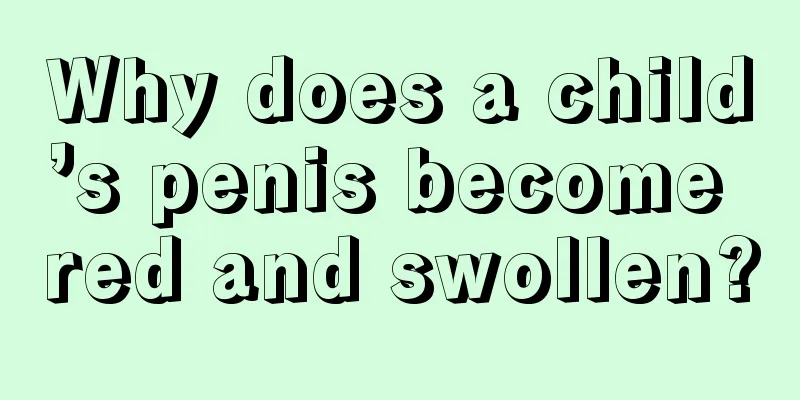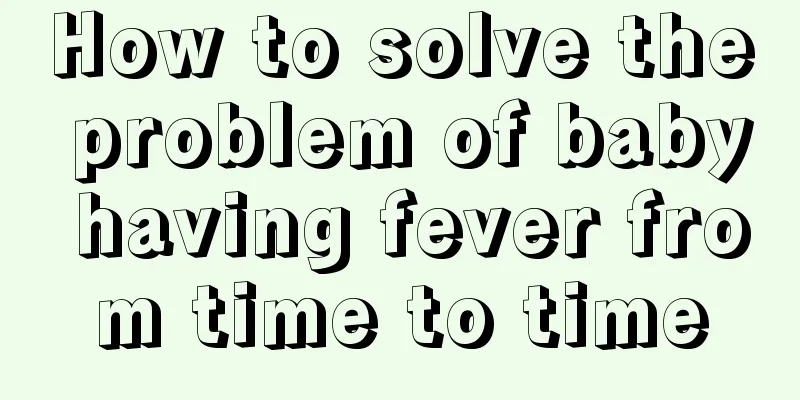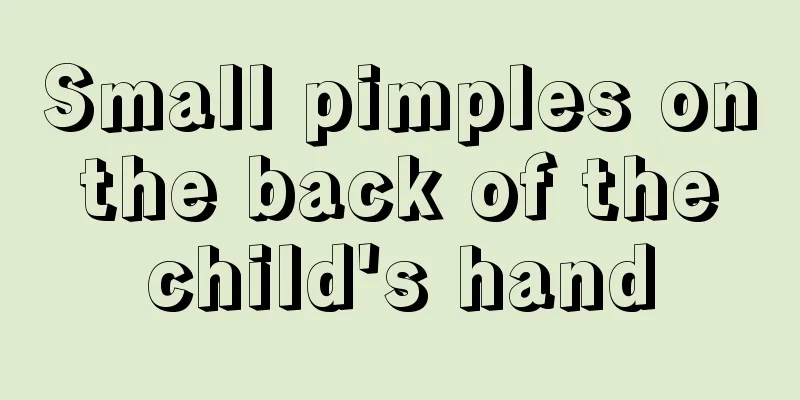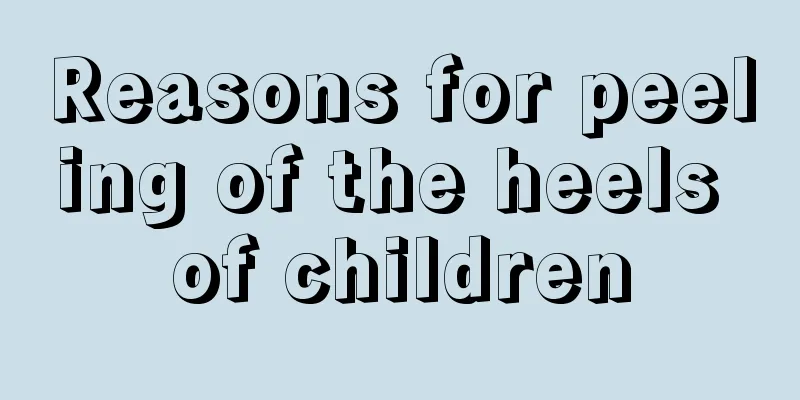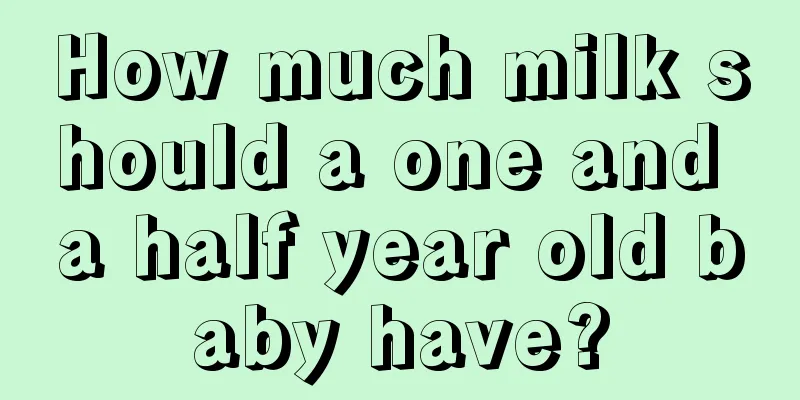What to do if your baby has diarrhea at three and a half months old
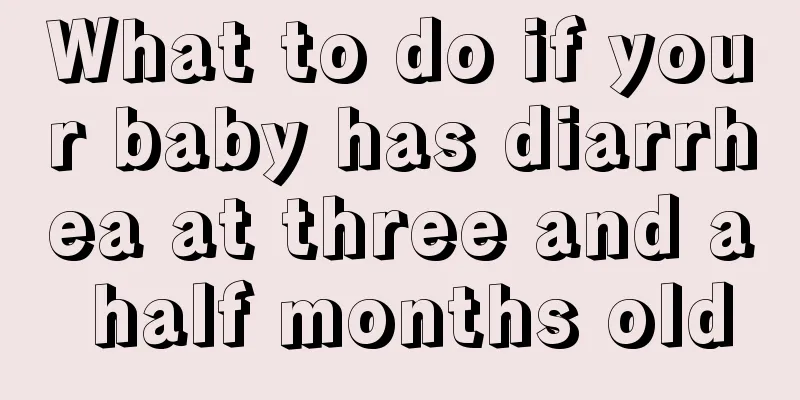
|
Babies who are just three and a half months old are very fragile and have very poor immunity, especially their intestinal digestive function is very poor, so they are particularly prone to diarrhea. So when their babies have diarrhea, many parents are very worried and want to know what to do? The answer is detailed below, you can continue to learn more. For breastfed babies, the stool is yellow or golden yellow, with a uniform consistency like a paste or mushy paste, occasionally thin and slightly green, with a sour but not smelly taste, and they have two to four bowel movements a day. For bottle-fed babies, their stools are light yellow or earthy gray, dry and hard, strip-shaped, often contain milk curds, and have a distinct odor. They defecate 1 to 2 times a day. If you normally only have 1 to 2 bowel movements a day, but this suddenly increases to 5 to 6 times a day, you should consider whether you are ill. If the child has frequent bowel movements but is in generally good condition and has not lost weight, this does not indicate a disease. There are many causes of diarrhea in infants and young children, which can be roughly divided into two categories: One type is caused by non-infectious factors, such as improper diet or weather changes, which can cause diarrhea. Diarrhea caused by diet includes eating too much or too little; changes in food ingredients, adding too much sugar (conversely, too little sugar intake can easily cause constipation); adding complementary foods too quickly, causing discomfort, weaning children in hot weather, etc. Weather changes, such as children catching a cold, can cause intestinal dysfunction; hot weather can reduce the secretion of gastric acid and digestive enzymes, and indigestion can cause diarrhea. The other type is caused by infectious factors, such as unclean feeding utensils or food used by children, which allow bacteria to enter the body and cause diarrhea; long-term use of broad-spectrum antibiotics can cause intestinal flora imbalance and cause diarrhea; when children suffer from acute upper respiratory tract infection, pneumonia, otitis media, urinary tract infection, pharyngitis and other diseases, they can all develop diarrhea due to fever and the influence of pathogen toxins. The above is a comprehensive introduction to what to do if your baby has diarrhea at 3 and a half months old. For babies in this situation, parents need to pay attention, because diarrhea will have a serious impact on the child's absorption and development. After fully understanding what to do, use the correct treatment method as soon as possible to treat your baby's diarrhea as soon as possible. |
<<: Why does my baby cry in the middle of the night?
>>: What are the developmental status of the ten-month-old baby?
Recommend
What is Marfan syndrome in children?
Marfan syndrome is a genetic disease that causes ...
Reasons for hair loss in three-month-old babies
Many parents, when their baby is three months old...
What is the height and weight of an 8-year-old child?
Every parent desires that their child has a healt...
What should I do if my baby has a lot of phlegm in his throat?
It is very common for babies to have phlegm in th...
Symptoms of autism in children
Autism in children usually occurs in infancy, and...
How to supplement calcium and zinc deficiency in children?
Many of us may not be particularly clear about th...
What is the height and weight of a one-year-old girl?
At present, people are paying more and more atten...
What is the reason for the baby's teeth growing quickly?
As the baby grows and develops day by day, decidu...
What to do if a four-month-old baby has indigestion after eating milk powder
Newly born babies usually drink breast milk, beca...
Can a 20-month-old baby eat big-headed pear, mangosteen, red bean, and coix seed and then vomit?
When babies are very young, they are often prone ...
Ways to improve your child's memory
Improving children's memory is the hope of pa...
What is breakfast for a three-year-old?
For mothers who have three-year-old children at h...
The best time for pediatric cryptorchidism surgery
The problem of cryptorchidism in children is of g...
What should children eat to improve their memory?
Today's only children are the apple of their ...
What should I do if my baby gets a bruise on the forehead?
Babies are young and lack the ability to protect ...
